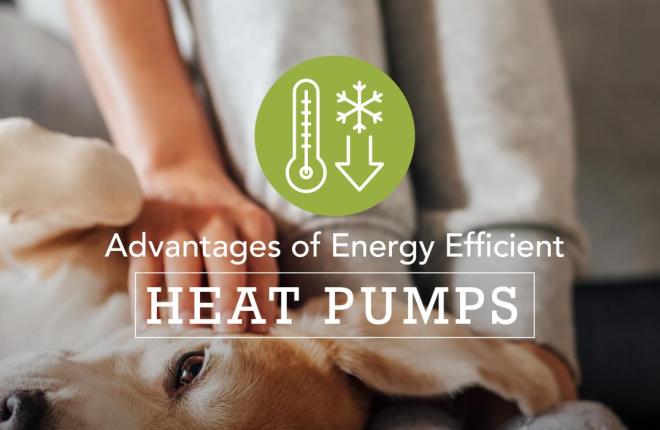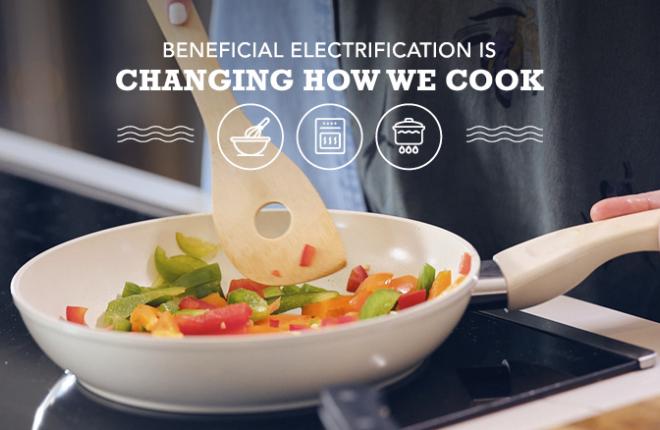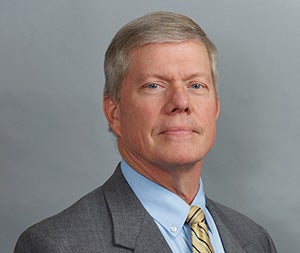
Our cooperative business model is a strength
False claims demand a response
APRIL 28, 2019
APRIL 28, 2019
There seems to be a cottage industry in funding third-party “reports” about our cooperative and our business, and many of these reports have varying degrees of misrepresentations, unintentional or otherwise. A recent publication from The Western Way, along with recent similar comments from others, is notable for its glaring misrepresentations and falsifications.
The overarching mistake made by The Western Way and others is their continued assertion that we are not changing. As our new CEO recently explained, we are working with our members to create a 21st century G&T that ensures reliability and affordability, and is:
- member-focused
- increasingly flexible
- increasingly clean
Our cooperative business model is a strength in our transition.
The Western Way pushes a false narrative about Tri-State and our cooperative business model that is not credible. To push this narrative, The Western Way makes many misrepresentations:
- Our rates are competitive, yet The Western Way incorrectly compares our “all-in” wholesale rate with other utilities’ revenues for spot market sales, which are entirely different metrics. The Western Way then falsely claims our rates are dramatically higher.
- Our margins are appropriate and strong, yet The Western Way misrepresents what margins represent in our not-for-profit cooperative, which strives to keep margins low and not over-collect money from our members. They then make false claims about how margins impact our finances.
- Tri-State has an appropriate level of debt, yet The Western Way distorts the reason for and stability of our debt, which is investment-grade. They falsely assert our debt is a driver of rate changes, when in fact our rates have remained stable for two years and are projected to remain stable for another three years.
Let’s discuss The Western Way’s misrepresentations in detail.
Our wholesale rates are competitive
Claims that Tri-State charges our members a rate 212 percent higher than other utilities’ wholesale rates are not true.
Our wholesale rate for our members includes the total cost of delivering power to our member systems, every moment of the year, including energy, capacity, transmission, and many services and products.
The Western Way wrongly compare our “all-in rate” to what other utilities report as revenues from select, spot market wholesale energy sales. The Western Way’s analysis leaves out the costs of all the other services necessary to get power to our members.
Making their flawed methods even worse, our critics don’t source the actual prices at which other utilities actually sell power to other co-ops or municipalities.
This isn’t an apples-to-apples comparison; it’s more like apples-to-hubcaps. It’s nonsensical. And it’s irresponsible to publish such misleading information.
Our margins are appropriate and strong
As a not-for-profit cooperative, Tri-State’s margins are intentionally set as low as possible
In our co-op business model, margins are the money that’s left after our revenue and expenses. Margins for co-ops are similar to profit for a for-profit company, but there are also significant differences.
Each year with our board of directors, we intentionally budget the lowest possible margins to meet our association’s financial goals. If margins are budgeted too high, it means we are over-collecting money from our members, which makes their rates higher.
Our 2018 margins were lower than previous years for good reason: Last year our board of directors deferred $51 million in revenue to a “rainy day fund” that gives the association more flexibility in the future. We also returned a record of $30 million of our members’ money back to our membership, which is a hallmark of the cooperative business model. These are excess margins we’ve accumulated that are returned to our members.
We seek the lowest margins possible, and then over time we repay those margins back to our members. The Western Way doesn’t acknowledge how the electric co-op business model works.
Tri-State has an appropriate level of debt
Tri-State’s debt is not driving rate increases.
Tri-State is a highly-rated generation and transmission cooperative that has debt coverage similar to other A rated G&Ts. Also, Tri-State has similar or better debt ratings than other electric providers in the Rocky Mountain region, including Black Hills Energy, Xcel Energy/Public Service Company of Colorado and Public Service Company of New Mexico.
It’s important to look at everything that is required to deliver power. Our members serve across 200,000 square miles, an area that’s 20 percent larger than California, but with only about 1.3 million people. That means we have to have a lot of infrastructure spread out across the rural West, and there aren’t a lot of people to pay for it, compared to a more urban-based utility. Rural electric cooperatives nationally serve an average of 8 customers per mile of line, while other utilities average 32 customers per mile of line.
Tri-State has over $5 billion in assets, which represents our investment in power plants, transmission lines, substations, telecommunications facilities, and operations and maintenance facilities to serve the wholesale power requirements of our 43 members.
As a cooperative, Tri-State primarily utilizes low-cost debt financing, rather than our members’ money, to pay for infrastructure. Tri-State’s debt to capitalization level is set by our board, and is appropriate to cooperative G&T standards and our level of assets. Similarly, our debt service ratio goal is set by our board and exceeds our lenders’ requirements. If this ratio is set too high, we will over-collect money from our members in their rates, which makes their rates higher.
We appropriately borrow money to fund our assets, and our debt is not driving rate increases. Tri-State’s wholesale rates are stable, didn’t increase in 2018 and 2019, and are forecasted to remain flat for at least the next three years. In fact, our operating costs decreased four percent last year, even as we produced more electricity.
These are just a few examples of the flaws in The Western Way’s report. In reality, our association is financially strong and well positioned for the changes and transitions ahead. We will continue to evolve as a more nimble, competitive and flexible power supplier for our members.
Blog Posts

What is Beneficial Electrification?

Tips for Switching to LED Lighting

Energy Saving Water Heaters

How to Make Your Home More Energy Efficient in 2021

Advantages of Heat Pumps for Energy Efficiency

Fun Winter Activities for the Whole Family

Gift Ideas for the Electrician

Electrical Safety Tips for the Holidays


